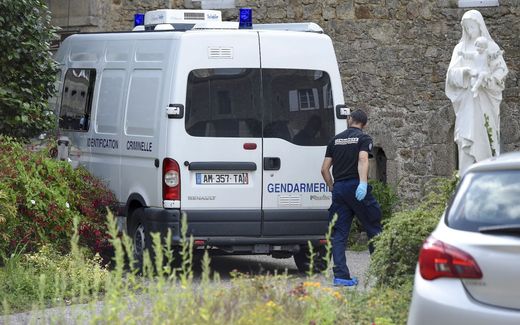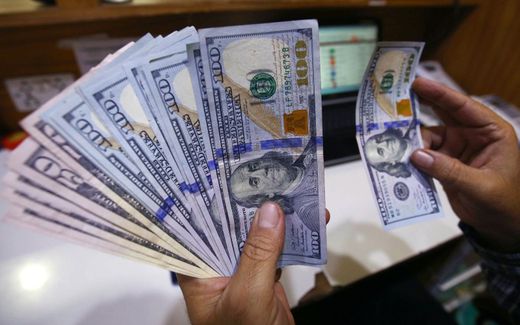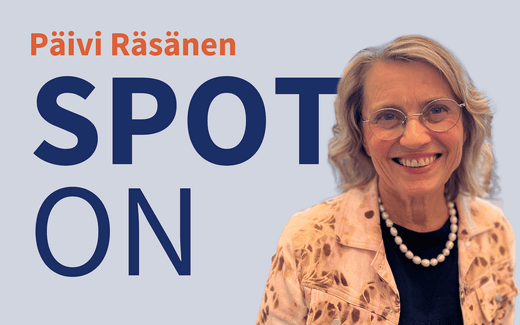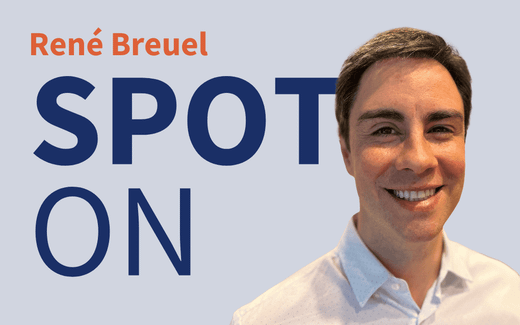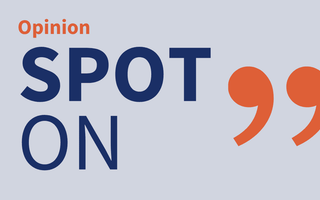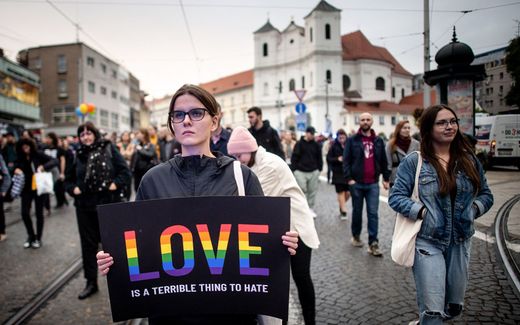Religious freedom in Europe is at risk, but the struggle is not hopeless
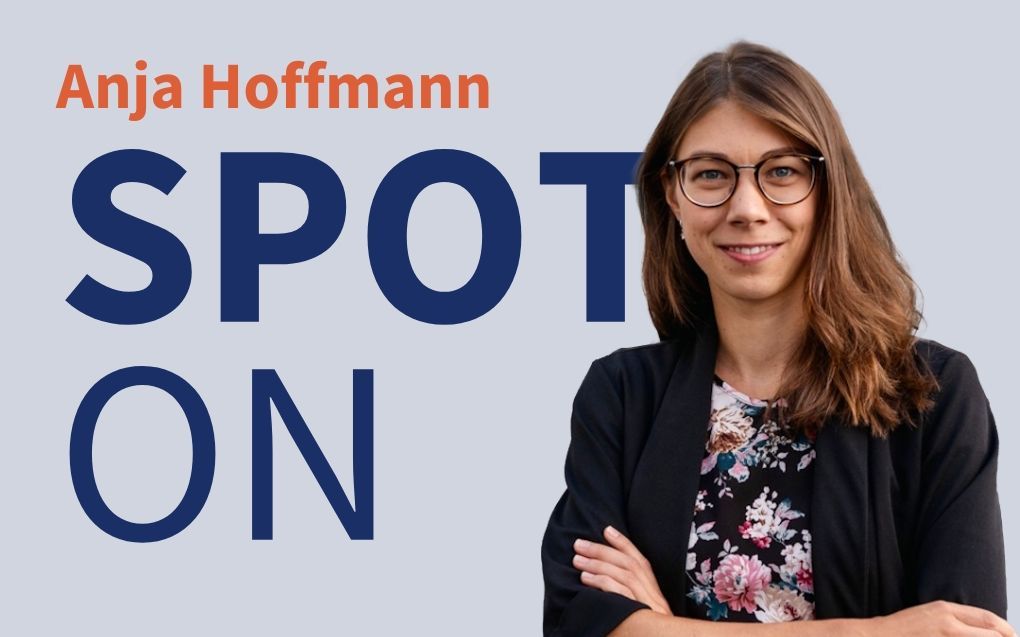
Photo Canva.com
Opinion
The room was crowded, and the atmosphere cheerful. We had slowly made our way into the European Parliament and found ourselves sitting around a long breakfast table. Around 450 believers had gathered at the European Parliament for the annual European Prayer Breakfast.
Stay up to date with Christian news in Europe? Sign up for CNE's newsletter.
Being part of such an event, hosted by Members of the European Parliament and “with Jesus as the highest common denominator”, as the event’s website puts it, gave me the feeling that the “Christian Europe” of Adenauer and Schumann was alive and well.
Less than two hours later, however, I take my seat next to three other panellists to discuss the current rise in intolerance and discrimination against religious believers in Europe.
The panel
The panel, entitled “Safeguarding Religious Freedom in Europe: Current Challenges and Future Prospects”, was chaired by MEP Dr Paulius Saudargas, who discussed with Dr Katharina von Schnurbein, European Commission Coordinator for Combating Anti-Semitism and Promoting Jewish Life; Dr Gudrun Kugler, Austrian Member of Parliament and Vice-President of the OSCE Parliamentary Assembly; Alessandro Calcagno, COMECE Adviser on Fundamental Rights; and myself, representing the Observatory on Intolerance and Discrimination against Christians in Europe (OIDAC Europe), on how to respond to the rise in anti-religious hate crimes and restrictions on religious freedom in Europe.
Public space
Indeed, a lot has happened since Konrad Adenauer, Robert Schuman, and Alcide de Gasperi, the Christian founding fathers of the European Union, met in a monastery to pray before negotiating the Treaty of Rome.
While events such as the European Prayer Breakfast (EPB) still successfully bring together high-ranking politicians and Christian leaders to pray for this continent, Christians in the public sphere face increasing pressure and discrimination because of their faith.
When asked about this, Austrian MP Gudrun Kugler told the audience: “The media often ask me if I have been discriminated against in politics because I am a woman. And I can honestly say that this has never happened. But I have faced discrimination many times because I am a Christian.”
Scottish

The list of Christians who are pushed out of the public sphere because of their Christian beliefs is long. Recent attacks on Scottish Christian politicians Kate Forbes, Tim Farron and Lisa Cameron have made it very clear where the tolerance for Christians in the public sphere ends: At the point where it becomes known that they hold biblical beliefs about human nature, marriage and family.
Lisa Cameron even decided to leave her party after being pressured to vote against her conscience on extending abortion restrictions in Scotland: “I felt very much that being a Christian was something that was not welcome in the SNP.”
Secular inquisition
For some Christian politicians, leaving their party is not even their own choice, as the recent ‘de-selection’ of the British Liberal Democrat candidate David Campanale shows.
I was shocked when I first listened to his 2022 interview, in which he described how activists had launched what could rightly be called an ‘inquisition’ against him: He was surrounded by dozens of local party members in an ‘ambush’ meeting and interrogated about his conviction. Then, he was told that his Christian beliefs had no place in the party.
In the end, the activists won, and Campanale was deselected. The fact that the award-winning former BBC journalist had run highly successful campaigns for the party in the past was not a significant factor in the decision.
The obvious but unspoken paradox in all of these cases is that Christians are being excluded from the public sphere in the name of inclusion. Former UK shadow home secretary Ann Widdecombe nailed it when she said: “Diversity and tolerance seem to extend to every group except Christians in modern Britain. Christians face a secular inquisition, especially from so-called ‘liberals’ who claim to champion equality and inclusion.”
Attack
Back to our panel discussion in the European Parliament: The discussion, including numerous contributions from the audience, brought to light how widespread intolerance and discrimination against Christians have become across Europe. However, there are also problems in exercising the right to religious freedom.
The human right to religious freedom has a broad scope, including evangelisation, the expression of religious beliefs in public, and the autonomous functioning of religious communities and organisations.
Unfortunately, there are restrictions in many of these areas. For example, several NGO representatives at the discussion reported problems with the “de-banking” of their Christian organisations.
Mr Calcagno, who represented the COMECE (Council of the Bishops’ Conferences of Europe) on the panel, stressed the need to respect all aspects of religious freedom, in its private and public, individual and collective dimensions, and warned against attempts to ban religious symbols because they might “offend the sensibilities” of others.
In my statement, I explained how the five-year trial of Finnish MP Päivi Räsänen for tweeting a Bible verse, the prosecution of Maltese Christian Matthew Grech for telling his faith story on television, and the conviction of Adam Smith-Connor for praying silently in a so-called “buffer zone” near an abortion clinic in the UK, all point to the same danger: New laws often contain vague wording that has negative side effects on religious freedom, leaving Christians and other believers vulnerable to criminal prosecution merely for peacefully expressing their religious beliefs.
What is even more worrying: The consequences of these laws do not stop at those Christians who are targeted and dragged through the courts. They also have a chilling effect on freedom of speech, not only for Christians who fear being seen as ‘intolerant’ for expressing biblical beliefs but also for society at large.
In 2023, for the first time since the German Freedom Index began in the 1950s, the majority of Germans said they did not dare to express their opinions freely.
Signs of hope
Despite these challenges, we have good reason to be hopeful: There is growing opposition to restrictions on freedom of religion and expression.
After the Liberal Democrats got rid of David Campanale, 75 per cent of Brits said he should not have been deselected. Päivi Räsänen and Matthew Grech both said they had experienced strong solidarity during their court cases.
Kate Forbes, who was targeted for her biblical beliefs on sexual ethics when she stood for a leadership position in her party, said she was “amazed and heartened” by the support she received after being attacked. And even the fact that there is a public debate on these issues in the European Parliament is, I think, a sign of hope.
Finally, Europe has strong Christian roots. And the majority of Europeans are not ready to exchange the Christian-inspired liberal democracies in which they live for illiberal, woke ideologies that ostracise anyone who does not share the same worldview.
It only takes a few courageous people to point out the obvious and demand that tolerance be extended to those who hold and express the Christian worldview, which is at the basis of our freedom and prosperity.
Related Articles



